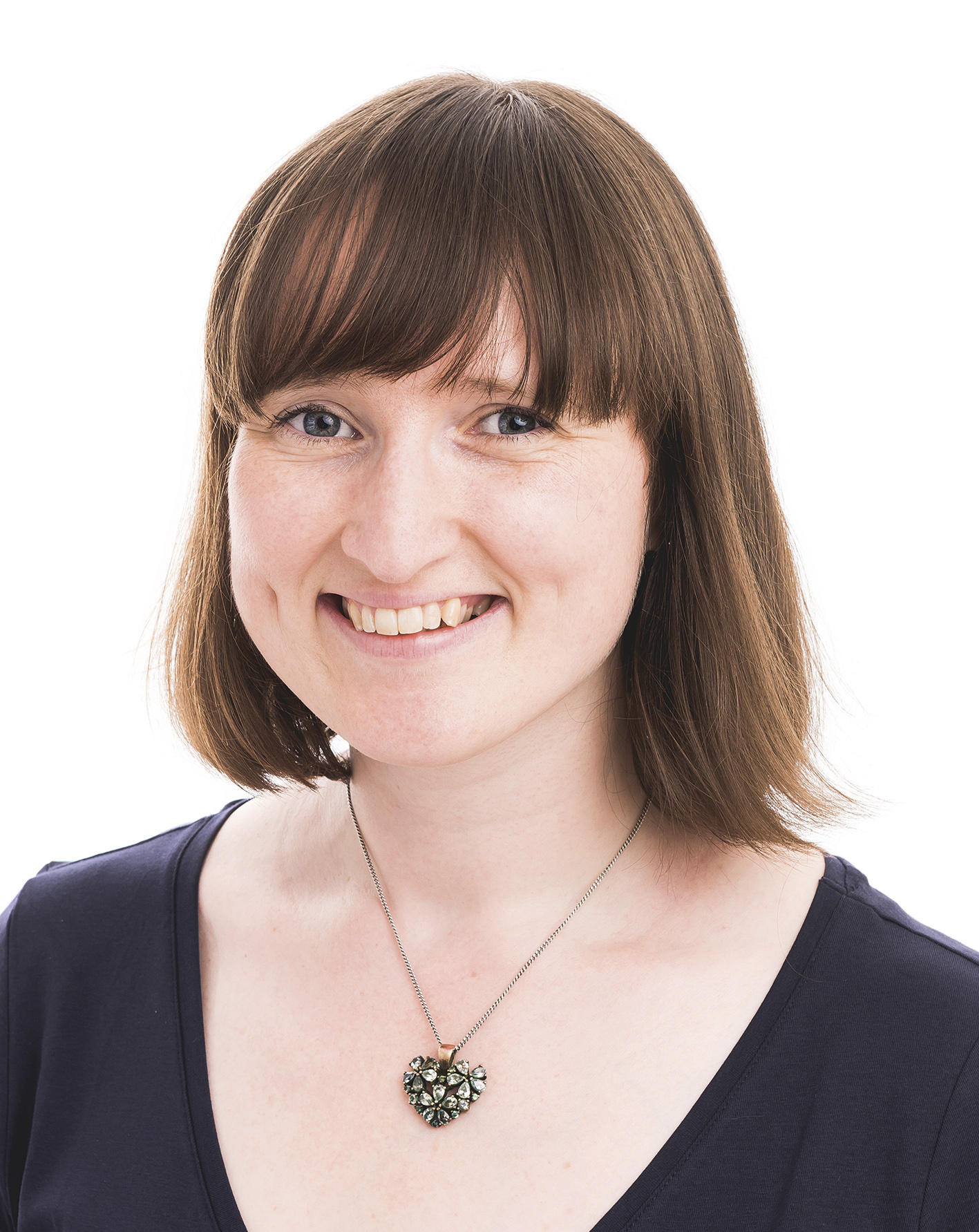1. Bernd Alois Zimmermann was born on 20 March 1918, in Bliesheim near Cologne, Germany.
2. Zimmermann's most important and influential piece is the 1965 opera Die Soldaten, which he originally imagined being performed on 12 stages. The audience would be in the middle, on swivelling chairs. Unsurprsingly, Cologne Opera, who had commissioned the work, felt this might be a tad tricky and Zimmermann dropped the idea.
3. In his last work, Ekklesiastische Aktion (1970), Zimmermann asks the two speakers, bass soloist and conductor to do star jumps and sit in the lotus position, while reciting passages of the Bible and Dostoevsky.
• Review: Bernd Alois Zimmermann’s Requiem for a Young Poet
• Review: Bernd Alois Zimmermann’s opera Die Soldaten
4. In his late music Zimmermann established a style called 'Klangkomposition'. For this he drew on music of all sorts, from the avant garde to jazz, medieval music to the Beatles. The focus was on blocks or collages of sound.
5. The 1969 Requiem for a Young Poet uses recorded speeches of, among others, James Joyce, Albert Camus, Neville Chamberlain, Pope John XXII, Josef Goebbels and Adolf Hitler.
